Your Professional Training Partners
Leaders in accelerating execution effectiveness and digital transformation
Training Topics
Areas of Expertise
Each of Educate 360’s training brands is an expert in today’s essential training topics and is backed by industry partnerships that empower individuals and organizations to thrive. Explore our areas of expertise to upskill your workforce.

Training Programs
Tailored L&D Programs
Leaders excel when they align programs with the organization’s strategic goals. This demands a profound grasp of the business and the capability to pinpoint areas where learning and development can enhance skillsets crucial for executing the organization’s strategy successfully. That’s where Educate 360 can help.
Build a program for your team
700+ training courses to choose from. Let us help!
Our Approach
Our 3-Part Learning Process
We start by understanding your goals, conducting a thorough skills analysis, and collaborating with leaders to set clear learning objectives. Our flexible training deliveries are designed to fit your needs, with ongoing support to ensure alignment with industry standards for lasting success. Every step of the way, we are focused on you.
Assess
Deliver
Reinforce

How We Help
Why Partner with Educate 360?
Flexible and blended training for diverse employee tenures and preferences
Unparalleled roster of instructors, coaches, and consultants
Reinforcement of learning with tutoring, workshops, coaching, and consulting
Outcome-oriented training materials and extensive online study portal
Elevating Training Through Accredited Collaborations
Educate 360 has accredited partnerships with industry-leading certification governing bodies, technology companies, academic institutions, and international training organizations to align training with cutting-edge offerings.

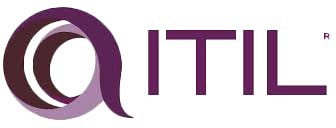

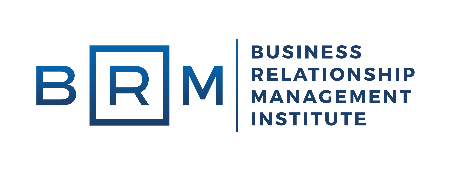



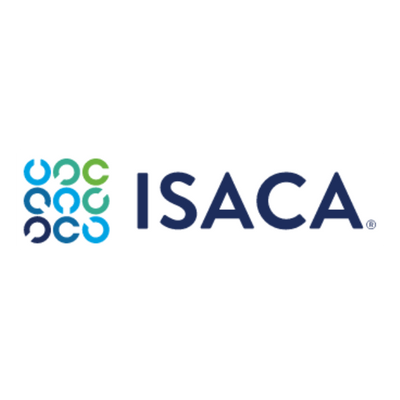

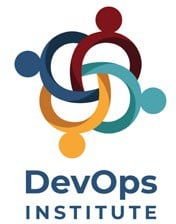

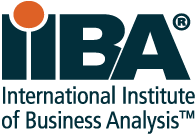





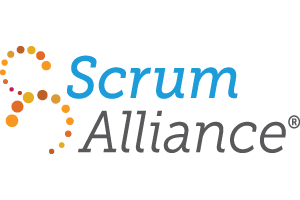

Trusted Training Partner of










I had zero experience with Python or any other coding language for that matter. This course was super simple to follow and with and quickly grasp and use Python as a tool. Would absolutely recommend."

Attended the MS-700T00 Managing Microsoft Teams course recently and was very impressed with the instructor, the quality of materials and the labs provided. Knowing I can continue to access the labs for a period of time and have lifetime access to the course materials really helps! I appreciate that the materials are updated frequently so you have the latest information."

Impressive content, quality material and knowledgeable instructors who were able to connect with the class. After utilizing several organizations, there is no doubt in my mind that PMA is the standard and I would be proud to be affiliated with such an organization."

While looking for more information on Six Sigma, I found Six Sigma Online’s free White Belt Certification. It is comprehensive and well-written. The testing for certification is brief yet challenging. I would recommend this to anyone interested in pursuing information or more on Six Sigma methodologies. "
Seamus Collins from Velopi was recommended to me by someone I trust and I passed the PMP exam first time. Seamus delivers PMP exam training in a clear, concise manner. The 4 test exams he provides via his website are invaluable. Velopi delivered on the promise of taking me from the application process through to success at the PMP certification exam."
The Influencing class was jam packed with great information and tools for relationship building and assessing your stakeholders. For me, this class is similar to when I took purchasing classes AFTER I had developed a new purchasing department and been in purchasing for many years. Last week I received the, SO THAT IS HOW IT'S SUPPOSED TO WORK!, education and hope to implement it in my projects. Thank you very much."

Resource Center
Explore our Resource Center, a hub for professional growth. Immerse yourself in expert blogs, insightful webinars, and in-depth industry insights.
We can help create a custom training program to suit your organization's needs
Our team collaborates closely with yours to understand your goals, challenges, and requirements. With this knowledge, we develop a customized training program to enhance your team’s skills, perfectly aligned with your needs. Trust our professionals to deliver impactful results for your organization.
Get in Touch with Us
We’d love to hear from you.




